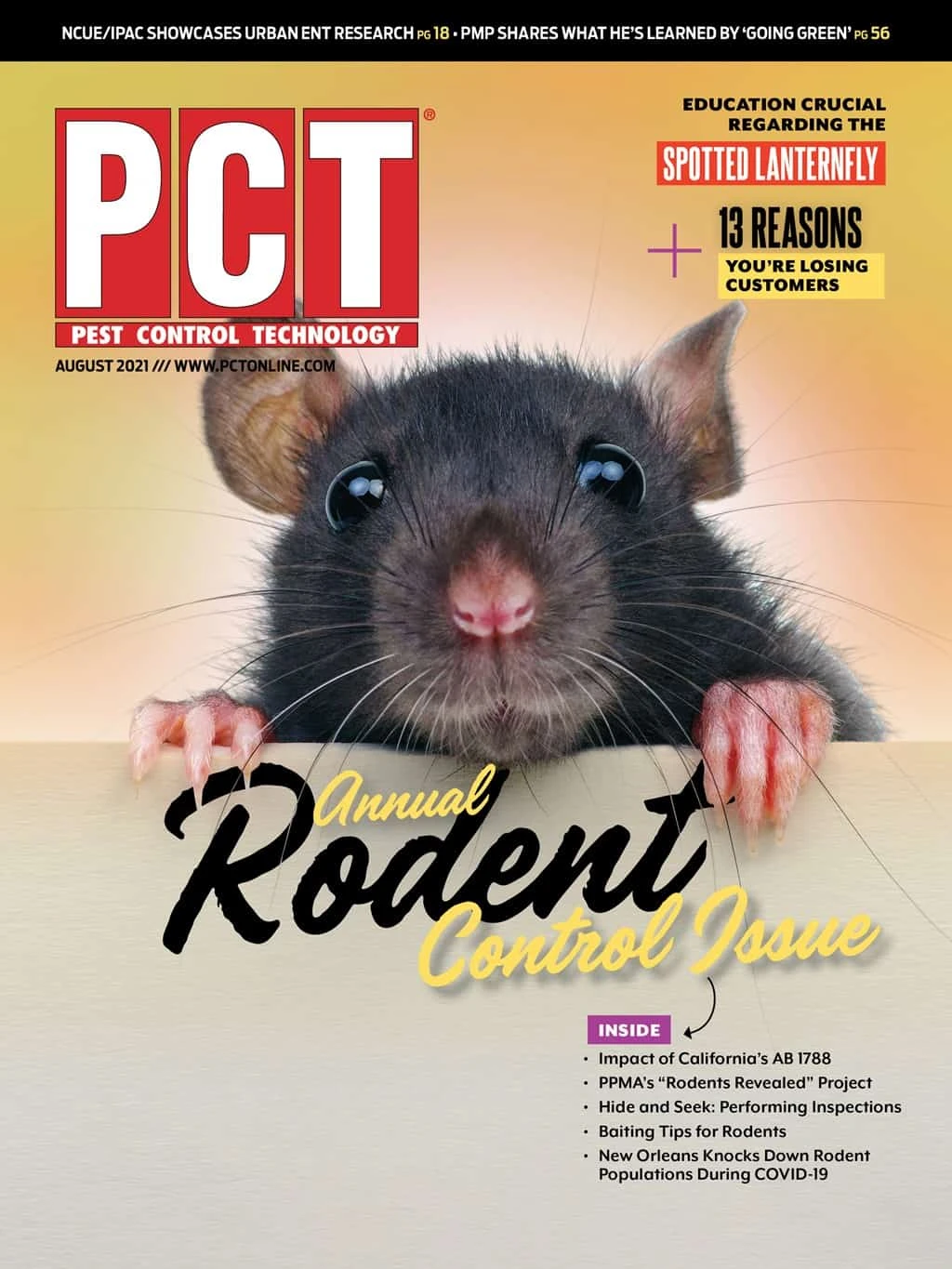Earlier this spring, NFTs — aka non-fungible tokens — were all the rage. The digital tokens or certificates can be a photo, gif, song or video, and are sold using blockchain, making each one unique and unable to be replicated. It’s that one-of-a-kind nature — and the fact that people love collecting things — that allowed NFTs of works of art and popular memes, such as Nyan Cat (an animated cat with a Pop-Tart for a body), to fetch up to $600,000 and more on various marketplaces.
As of April, according to PitchBook and CNBC, venture capitalists had invested $90 million in NFT and digital collectible startups so far in 2021.

And although the speculative trading bubble may have already burst — total sales and dollar amounts were down as of early June, according to nonfungible.com, which tracks NFT sales — the pop culture-shifting digital doodads (a Saturday Night Live skit from March might be the best explanation out there) could be useful marketing tools for pest control companies. Essentially, NFTs are another way to increase your company’s awareness, create experiences for your customers and followers, and encourage online interactions.
“It’s like the digital representation of a physical collectible,” said Deb Gabor, CEO of brand strategy consultancy Sol Marketing. “This is another way to attract irrationally loyal fans of your brand.”
Gabor points to Pringles’ release of 50 NFTs of a 5-second video highlighting a new, not-actually-real flavor called CryptoCrisp. All the money raised went to the Ukrainian artist who created the video, while Pringles got all the publicity. “This is a way to take a brand and have it transcend the actual product,” she said, “which [for Pringles] is a can, and it’s full of these processed potato chips that you can put in your mouth and make a duckbill out of.”
Much like people all over the world wear shirts with the Coca-Cola logo, NFTs are a way for people to demonstrate their fandom for a product, and it’s a way to drive engagement. The NBA, for example, launched TopShot, which offers packs of digital trading cards. Each of them has an individual serial number, meaning you’re one of just 35,000 people with a highlight of Golden State Warriors guard Stephen Curry sinking a 3-pointer. For a pest control company, an NFT could be as simple as an animation of a cockroach meeting its demise at the hands of guillotine, or, simply, a fun and unique take on your company’s logo.
Sites such as rarible.com and coindesk.com make creating NFTs pretty simple.
Although NFTs could become the next here-for-one-summer Pokémon Go, Gabor thinks there might be enough energy around them to pick up steam in marketing circles. “When consumer packaged goods companies, experiential brands, exciting content creators and sports brands start to create mass around a movement, that may be enough to actually sort of thrust this into the into the world of something that’s realistic,” she said.
NFTs are realistic enough that there’s been some backlash online about their environmental impact. Since they’re bought and sold using marketplaces that use cryptocurrencies such as Ethereum, which takes a lot of electricity to generate, critics say the environmental costs outweigh the benefits.
“My response to that is, ‘Holy sh*t, calm down, people,’” Gabor said.
She countered, pointing out that trading cards, T-shirts, mugs and other physical manifestations of collectibles also have potential environmental impacts.
But, Gabor added, it is important for brands to be prepared if NFTs continue to pick up steam.
“Brands need to keep their ear to the ground to understand what all of the underlying sentiments are and who is having an outsized share of voice in a conversation,” she said. “Make sure that [you] are prepared — not necessarily to respond, but to be proactive about, what is [your] stance on these things.” — Jason Brill

Explore the August 2021 Issue
Check out more from this issue and find your next story to read.
Latest from Pest Control Technology
- Coalmarch Announces Transition to Private Ownership
- Termatrac Introduces iTraker Pro
- All-American Pest Control Celebrates Employees at Annual Awards Ceremony
- NEPMA PestVets Unit Collects Food and Clothing Items for Veterans
- When Can a Site Be Declared 'Bed Bug-Free?'
- PestWorld East 2025 Program Announced
- Hygiene IQ Uses Smart Sensor Technology to Detect Rodents
- Rollins Acquires Saela Pest Control







